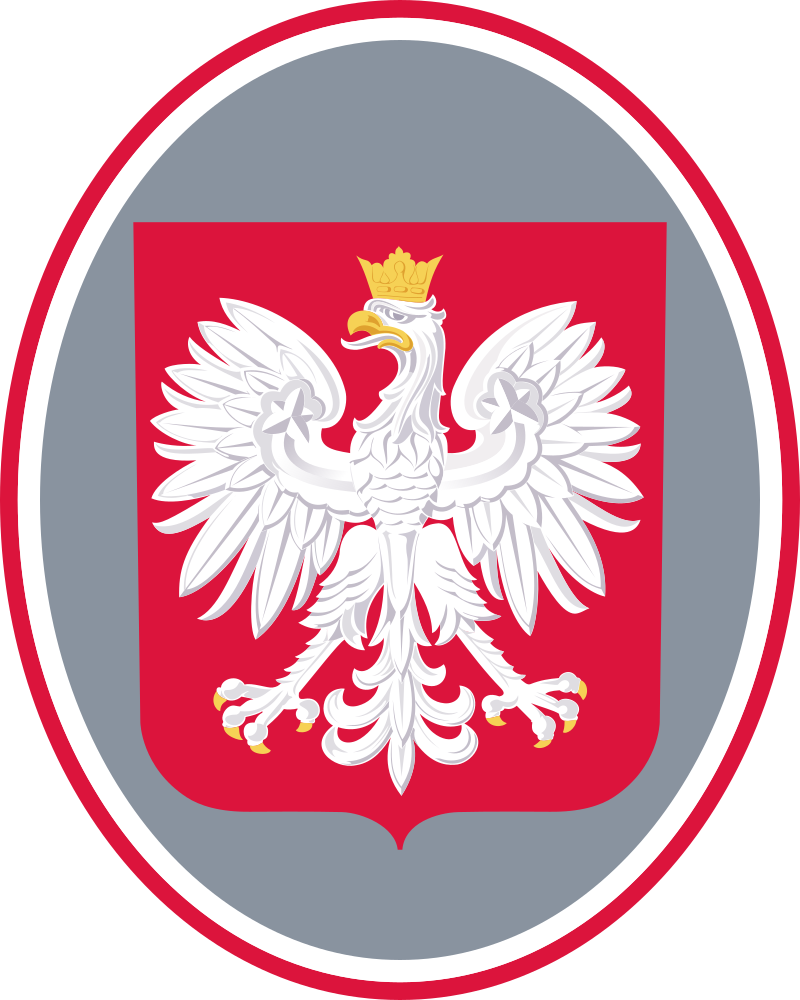- May 22, 2020
- 2,803

Polish Ministry of Foreign Affairs
Minister Marek Kwiatkowski
Deputy Minister Martyna Ostrowska
The Ministry of Foreign Affairs is responsible primarily for maintaining good, friendly relations between the Polish Republic and other states. In doing so it is required to act primarily as a representative of the Polish people. To this end all Polish diplomatic missions around the world are subordinate to the Ministry of Foreign Affairs. Ambassadors, whilst receiving their credentials from the President of Poland, are employees of the foreign ministry and are recommended to the President for their posts by the minister of foreign affairs.
The ministry is considered to be one of Poland's most important, with the minister of foreign affairs ranking amongst the most influential people in Polish politics. This position is typically reserved for seasoned, professional politicians, and is thought to require a great deal of tact and intellect.
The departments for regional affairs exist to monitor the internal situation and politics of the countries within the area of any one specific department's competence. They coordinate development of bilateral relations, initiate the related undertakings and prepare evaluations. These departments oversee the issue of Poland's participation in the structures of multilateral cooperation with any relevant partner states, as well as handling interregional cooperation. They are responsible for the substantive activity of relevant Polish diplomatic missions abroad.
Currently the Following regional affairs departments exist:
Administration Office
Asia-Pacific Department
Bureau for the Protection of Classified Information
Bureau of Archives and Information Management
Bureau of Control and Audit
Bureau of Finances
Bureau of Human Resources
Bureau of Infrastructure
Department for Cooperation with Polish Diaspora and Poles Abroad
Department for Proceedings before International Human Rights Protection Bodies
Department of Africa and the Middle East
Department of Consular Affairs
Department of Development Cooperation
Department of Economic Cooperation
Department of Foreign Policy Strategy
Department of Public and Cultural Diplomacy
Department of the Americas
Department of the Committee for European Affairs
Department of Global Assembly and Human Rights
Department of Academic and Cultural Diplomacy
Diplomatic Protocol
Director General's Office
Eastern Department
European Policy Department
Information Technology and Telecommunication Office
Inspectorate of the Foreign Service
Legal and Treaty Department
MFA Press Office
Minister's Secretariat
Operations Centre
Political Director's Office
Security Policy Department
Department of Embassy Relations
Last edited:


